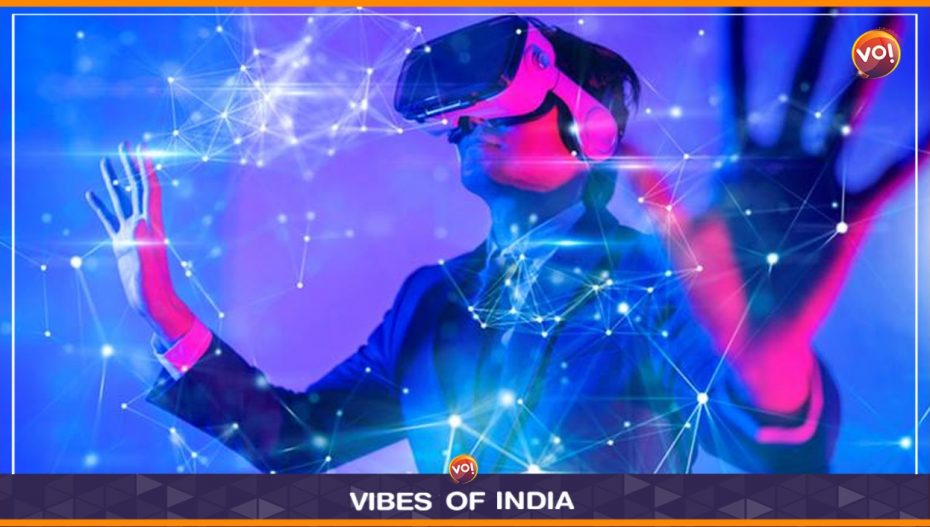While Metaverse, the ambitious project by Meta, is still in its early stages, MICA has established a first-of-its-kind lab outfitted with production tools and virtual reality (VR) glasses for consumer research in response to the growing interest in its application in marketing and consumer behaviour.
The lab’s early tasks include investigating how businesses might use technology to their advantage and developing 3D mapping and travel apps for the Indian tourism industry.
Githa Hegde, the dean of MICA, said that the Metaverse lab at the institute will be called MICAverse. “It will carry out academic research and publish high-quality research papers in the domain of Metaverse. The lab will collaborate with industry/metaverse startups which can conduct consumer research to develop a deeper understanding of how metaverse influences consumer decision-making and thus business itself in the ever-disruptive ecosystem,” she said.
Several universities, including the University of Norway and Nottingham-Trent University, have started the study in the Metaverse in relation to marketing and consumer research, according to the project’s director, and assistant professor Suresh Malodia of MICA.
“While a few of the universities in India are looking at the technical aspects of this virtual world, we are taking a lead when it comes to understanding the consumer experience in the Indian context,” he said.
UT Rao, an associate professor at MICA, said that they are hosting an event soon, and will be inviting startups working in the field of augmented reality, virtual reality (AR/ VR) and Metaverse.
“Today, several applications of the Metaverse are being explored globally including education, medicine, tourism and social networking. Along with technology such as blockchain, NFT and cryptocurrency, it may change the way we look at and interact in virtual space,” he said.
Prof Malodia said that the arrival of the 5G network is only going to boost AR and VR applications. “But apart from that, we will also need high performance computing devices, easy-to-use-and-wear glasses, development of virtualization tools and spatial computing, and a wide range of Metaverse services such as marketplaces and payment systems, etc.,” he said.











